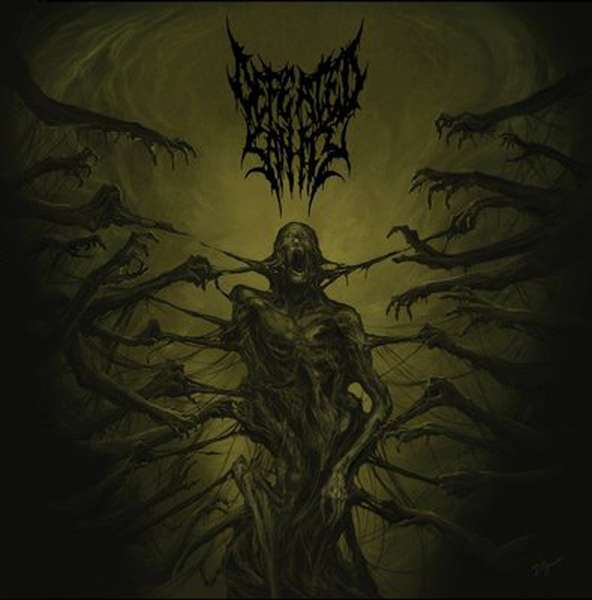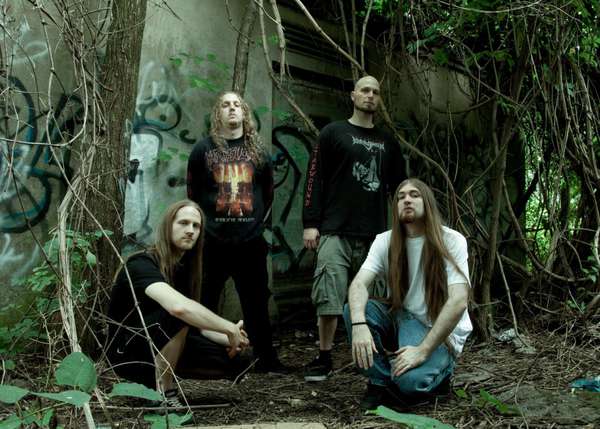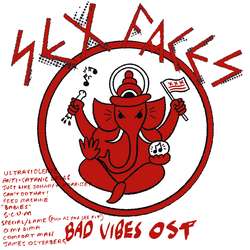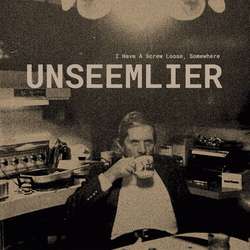I feel the need to preface this review by declaring that I am a fan of death metal. I like the idea of any music that challenges the average listener and in the early 90’s, death metal bands were doing just that. Bands like Cannibal Corpse, Death, and Obituary were leading the charge to push heavy metal to its most extreme limits. While these and a few other notable bands were all classified as death metal, each managed to blow away boundaries with their own unique spin on the budding genre. Unfortunately, that desire to stand out from the crowd seems to have been disregarded by many modern death metal bands.
The roots of Defeated Sanity can be traced back to the mid-90’s. On Passages Into Deformity, they proudly wear the attributes of classic death metal like a straightjacket. The album is filled with 90’s death metal-influenced riffs that often come across as little more than leftovers from the very bands that inspired them. To say that a death metal band sounds like Cannibal Corpse or Death seems downright redundant at this point, but Defeated Sanity cling to the basic death metal ideals so tightly that they end up leaving themselves no wiggle room. On a technical level, Passages Into Deformity is a good album. It is brutal, unflinching, and the interplay between the musicians is like clockwork. The problem is that I don’t really know who Defeated Sanity are in relation to any number of other bands practicing the same formula, often with equal precision.
Another constricting characteristic of this album is the performance of vocalist Konstantin Lühring. His deep, guttural style owes a great deal to Chris Barnes’ performance on Cannibal Corpse’s genre-defining album, Tomb of the Mutilated. Many of the early death metal bands were easily identified by the unique tones and deliveries of their vocalists. Obviously, there is only so much that can be done with a vocal style that is essentially grunting and growling. The disadvantage that Lühring and many other death metal vocalists face is that someone, somewhere has already done what they are doing. Therefore, it’s difficult to determine just who is behind the throaty, unintelligible vocals when presented in such a bare and traditional fashion. When the mouthpiece of a band is not distinguishable, their identity is easily lost.
I find it comforting to know that extreme music continues to thrive and bands are still inspired to carry the torch for classic death metal. Passages Into Deformity has enough merciless vigor to pass as a decent death metal album. In any case, it seems unreasonable to fault a band for their obviously pure intentions. Fans of the prototypical death metal sound should appreciate this album because, at its core, it is simply a celebration of this strange little genre that clawed its way out of the heavy metal womb a quarter of a century ago.





